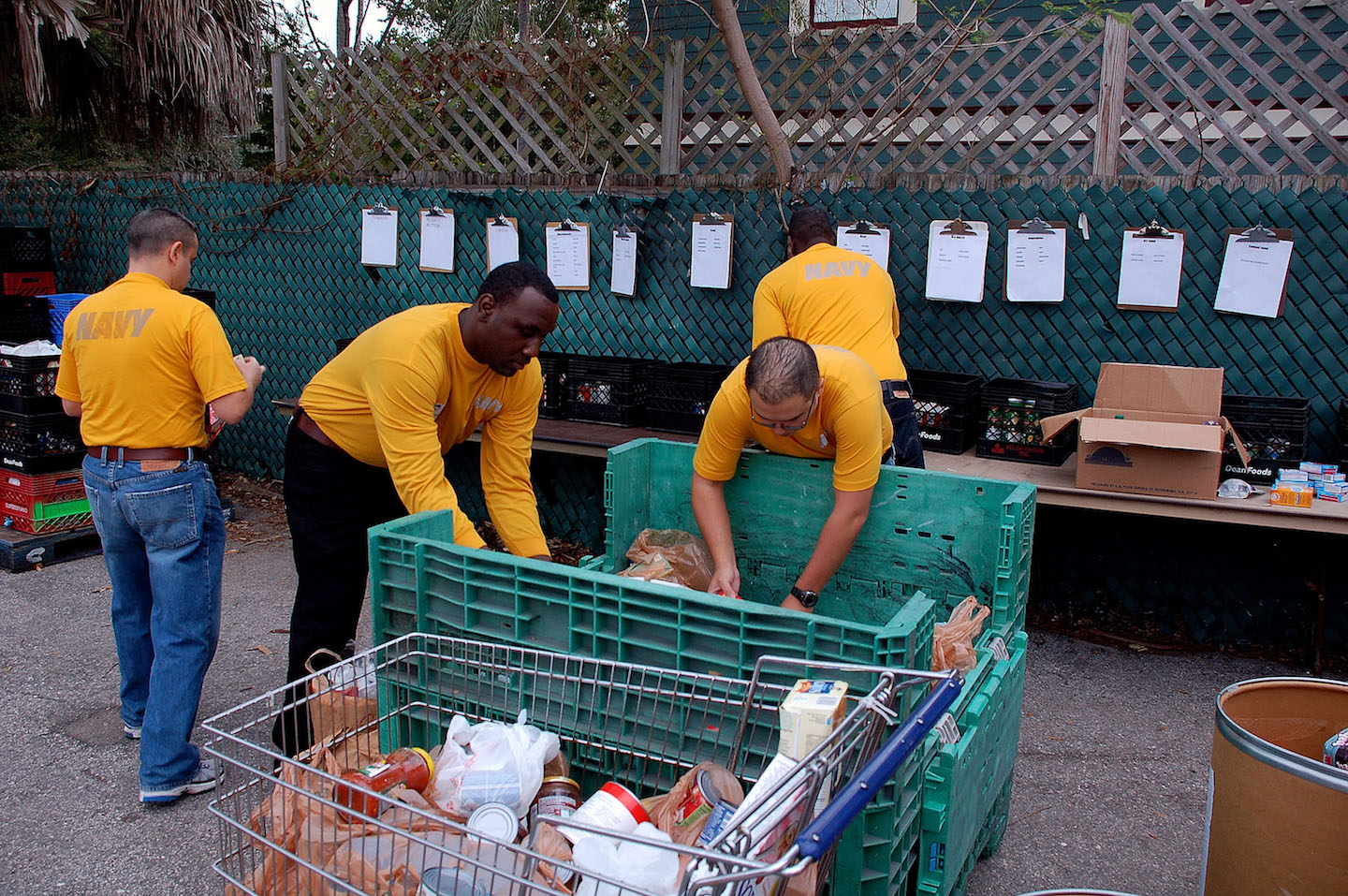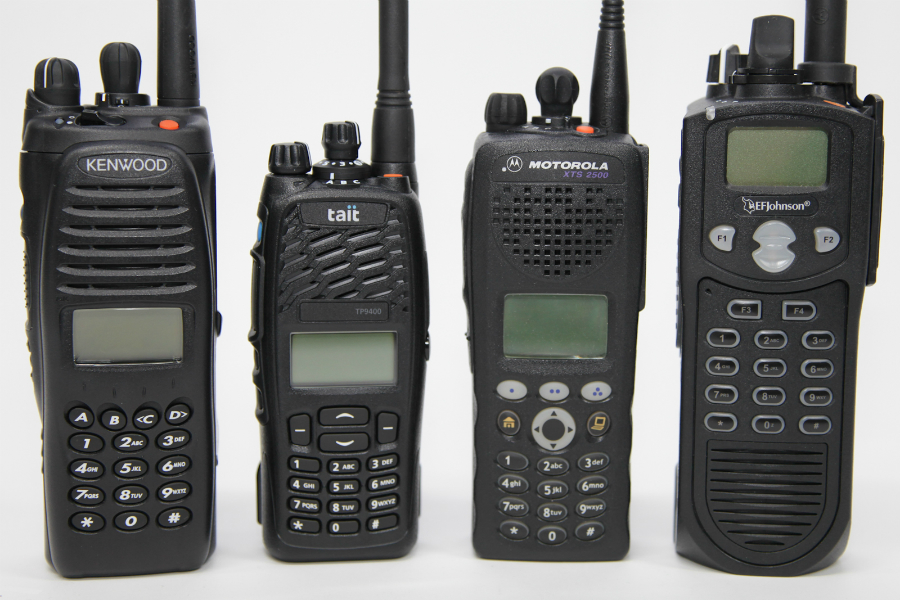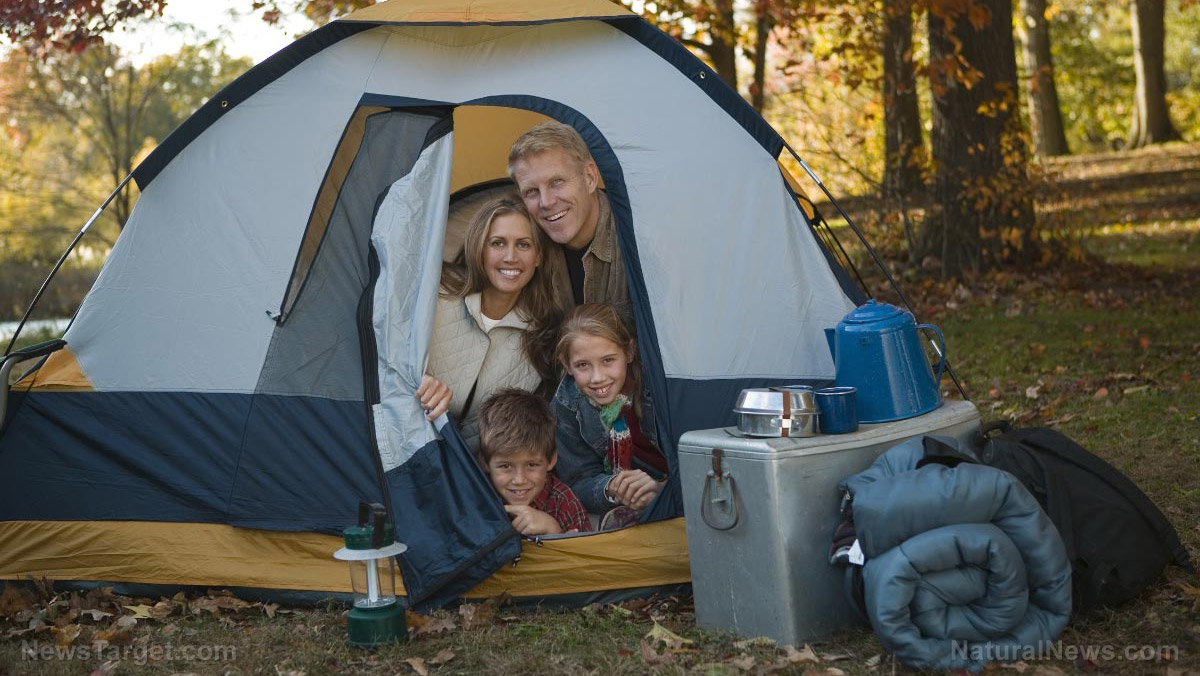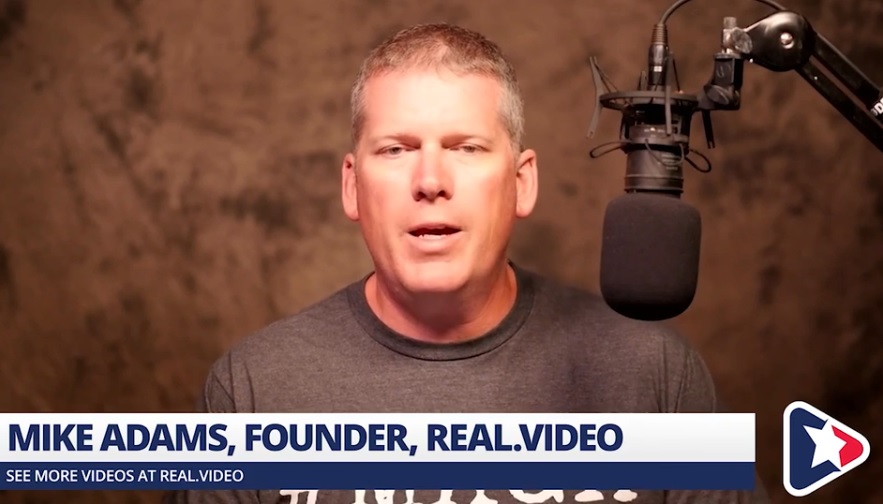Are you prepared to deal with short and long-term power outages?
08/20/2018 / By Zoey Sky

If a power outage happens in your area, do you have enough supplies to last for several days or weeks? If the answer is no, make the necessary preparations immediately so you can deal with either a short or long-term power outage. (h/t to JustPlainMarie.ca)
To prepare for a power outage, make sure that the whole family knows what your emergency plan is.
Plans may vary per family, so set up a meeting and discuss the details in depth with everyone. Prepare a bugout bag (BOB) for each family member (and any pets) so you have your gear and supplies ready if you need to evacuate.
Food
Keep your freezer and fridge closed as much as possible during the early hours of a power outage to prevent food spoilage. However, this won’t work during a long-term outage. Once the food starts thawing, one option is to pressure can meat and vegetables if you have a non-electric heat source.
As for emergency cooking methods, you can use a rocket stove on a balcony or back deck. Use small branches and other small combustibles as fuel. If it’s sunny enough, go with a solar oven.
Other emergency cooking options that don’t require electricity include:
- Charcoal barbecue or gas barbecue grill
- Mini-folding camp stove (with canned fuel)
- Portable butane stove
- Propane camp stove (ideally with an oven attachment)
- Wood stove or a small airtight heating stove
Except for a propane or wood stove properly vented for the outdoors, the other options should only be used outside. This won’t be an issue if the weather is warm, but you might need other methods when winter comes.
Health
During short-term power outages, hospitals will remain in operation since they have emergency power. However, if you’re facing a long-term outage, you should be prepared to handle minor or major medical situations on your own.
Keep these items in your medical kit at all times:
- Antihistamines
- Antiseptics
- Cough remedies
- Decongestant aid
- Diarrhea treatment
- Indigestion aid
- Muscle cream
- Oral rehydration treatment
- Pain reliever
- Burn care
- Fully stocked first-aid kit (bandages, gauze, etc.)
Heat
Electric heat is convenient and comfortable but if you lose power, you will need other options to stay warm. If you don’t have a wood-burning stove or fireplace, get a propane heater like the Mr. Heater Indoor Safe Radiant Heater. These heaters usually require small one-pound propane tanks. If you want to use a 20-pound white tank that’s more affordable compared to the one-pound tanks, you need a hose and an adapter.
A wood stove is great for heating but it will require around four hours before the heat builds and radiates. You can use a propane heater while waiting. But if the main power is fueled by oil or natural gas, have a professional install your shut-off valve properly and safely.
For long-term heat, electric, fuel oil, and natural gas are the least sustainable. Consider using greener options like geothermal heat or solar power.
Check if your wood-burning stove is up-to-date. Modern wood-burning stoves are more efficient, unlike older stoves, and they will cause less pollution. (Related: Long-term blackouts are a harsh reality: 7 scary challenges you probably aren’t prepared for.)
Regardless of the heating option you choose, increase insulation in your home. Install insulating curtains, insulate and seal doors and windows, and seal cracks and gaps.
Light
Keep several crank flashlights hidden in different areas all over your house so no matter where you are when the power goes out, you know where to go if you need some light. Always keep them cranked so they can provide you with light the minute you need them.
You can also store some candles and matches in a handy drawer, but they can be difficult to light when the power goes out. With a flashlight, you can easily light your candles.
Another light source option is a battery-powered electric lantern along with some extra batteries. However, the best option for sustainable light is a solar array that runs your lights.
Sanitation
Install a composting toilet with care, and read up on how to deal with emergency toilet waste properly. Aside from a toilet, sanitation involves your laundry. You can wash your clothes by hand during an outage, but a stand-alone non-electric wringer, which can be attached to the side of a round or square metal washtub, can take care of wringing.
Water
You can store water ahead of time by getting large camping water storage jugs and filling them. Check them every six months and empty them. Check for mold or other problems, then refill them with clean water.
Store enough water for the whole family (each person will need at least one gallon daily), and rotate and use it constantly. If your water source is not clean enough to use, get a water filter.
Prepare for short or long-term power outages so you won’t be panicking like other people who didn’t get ready ahead of time.
Read more articles with tips on how to prepare for short and long-term power outages at Preparedness.news.
Sources include:
Tagged Under: bug in, bug out, bugout bag, disaster, emergencies, long-term power outage, off grid, power outages, preparedness, prepper, prepping tips, self sufficiency, self-reliance, self-sustainability, short-term power outage, SHTF, survival, survival skills, survival supplies, Survival Tips, survival tools, survivalist


















